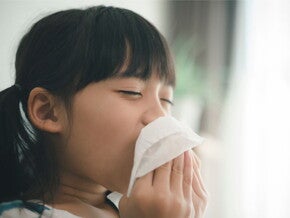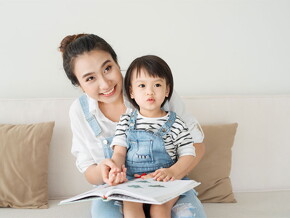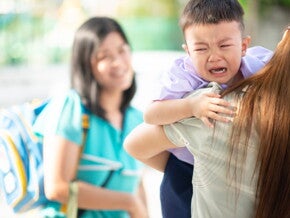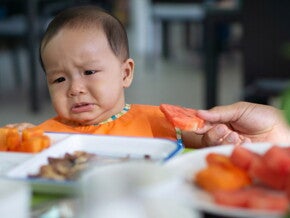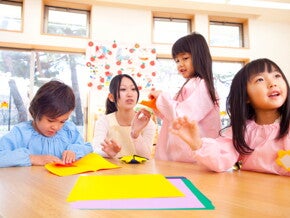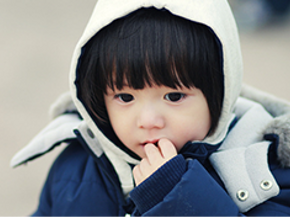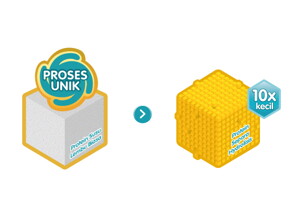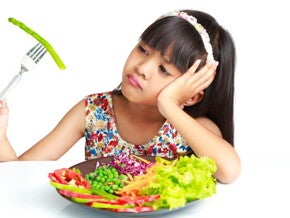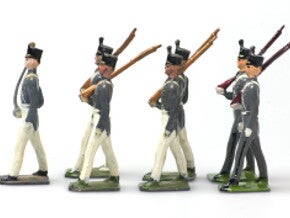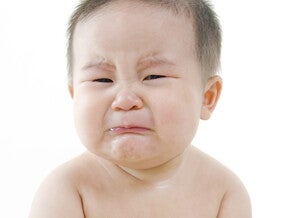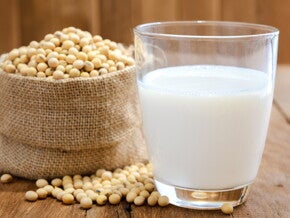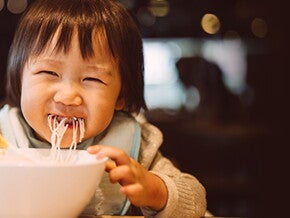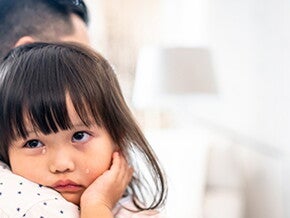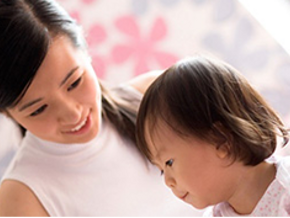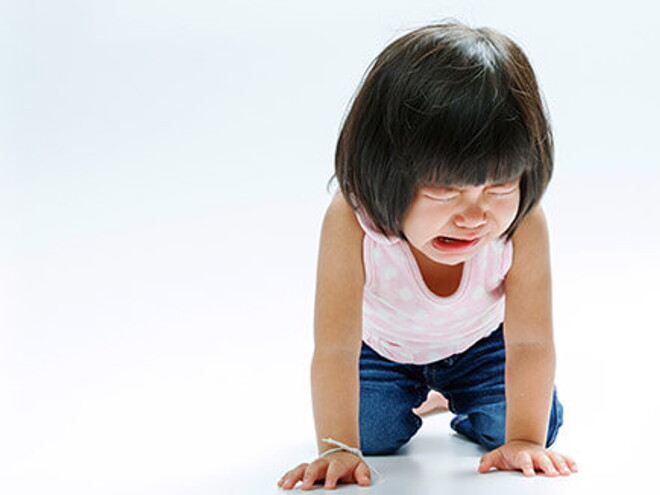
Healthy Digestion: Avoiding Diarrhoea
While diarrhoea may be a poopy subject to talk about, it’s important for parents to have information on it.
While diarrhoea may be a poopy subject to talk about, it’s important for parents to have information on it. Normally, diarrhoea isn’t much cause for concern, but it can cause dehydration; it can also be a symptom of something more serious. Here are some things you should know about diarrhoea.
1. Recognising diarrhoea
A child’s poop texture, like an adult’s poop texture, is dependent on what one eats. If your child’s diet is mostly breastmilk, it’s normal to have soft and loose stools. However, it is normal for a new born’s poop to be yellowish and on the soft side. Instead of being slightly soft, diarrhoea is recognisable where it has a watery consistency. Your child will also have bowel movements more frequently than usual, so you should notice if your child starts filling the diaper twice as much.
2. Why does my child have diarrhoea?
There are a few common causes of diarrhoea. Among them are:
An Infection from Viruses, Bacteria or Parasites
One of the most common viral infections that can cause diarrhoea is the rotavirus. It’s a contagious virus that can spread through the poop of infected people especially when hygiene isn’t kept. Bacteria such as salmonella can come from uncooked food or poor hygiene, and can cause diarrhoea. Lastly, parasites are spread when your child places contaminated items, including food or toys, in the mouth.
Food allergy
Allergies are an overreaction of your child’s immune system to something that’s normally harmless. In your children’s case, your child may have developed a milk allergy.
Food poisoning
Similar to viral or bacterial infections, bad food can cause indigestion and diarrhea.
3. What do I do if my child has diarrhoea?
You need to continue with his or her usual milk feeds, with some water in between. Ensure that he or she has enough liquids, whether water or milk to avoid dehydration.
If your child is dehydrated, you should contact your healthcare professional. Look out for these signs:
- He or she has a dry mouth
- Crying produces no tears
- He or she may be irritable
- A soft spot, called a fontanelle, on the head
- Urinating less often
You should also call your healthcare professional if it looks like an emergency; remember these signs:
- Extreme abdominal pain
- Your child has blood or mucus in the poop
- Feverish, with temperatures of over 38°C for newborns and 39°C for children aged three to six months old
All your child usually needs is time to recover, sufficient liquids to keep hydrated and a lot of gentle care and cuddling to stay happy.
Having said that, do speak to your healthcare professional about any questions you have.
